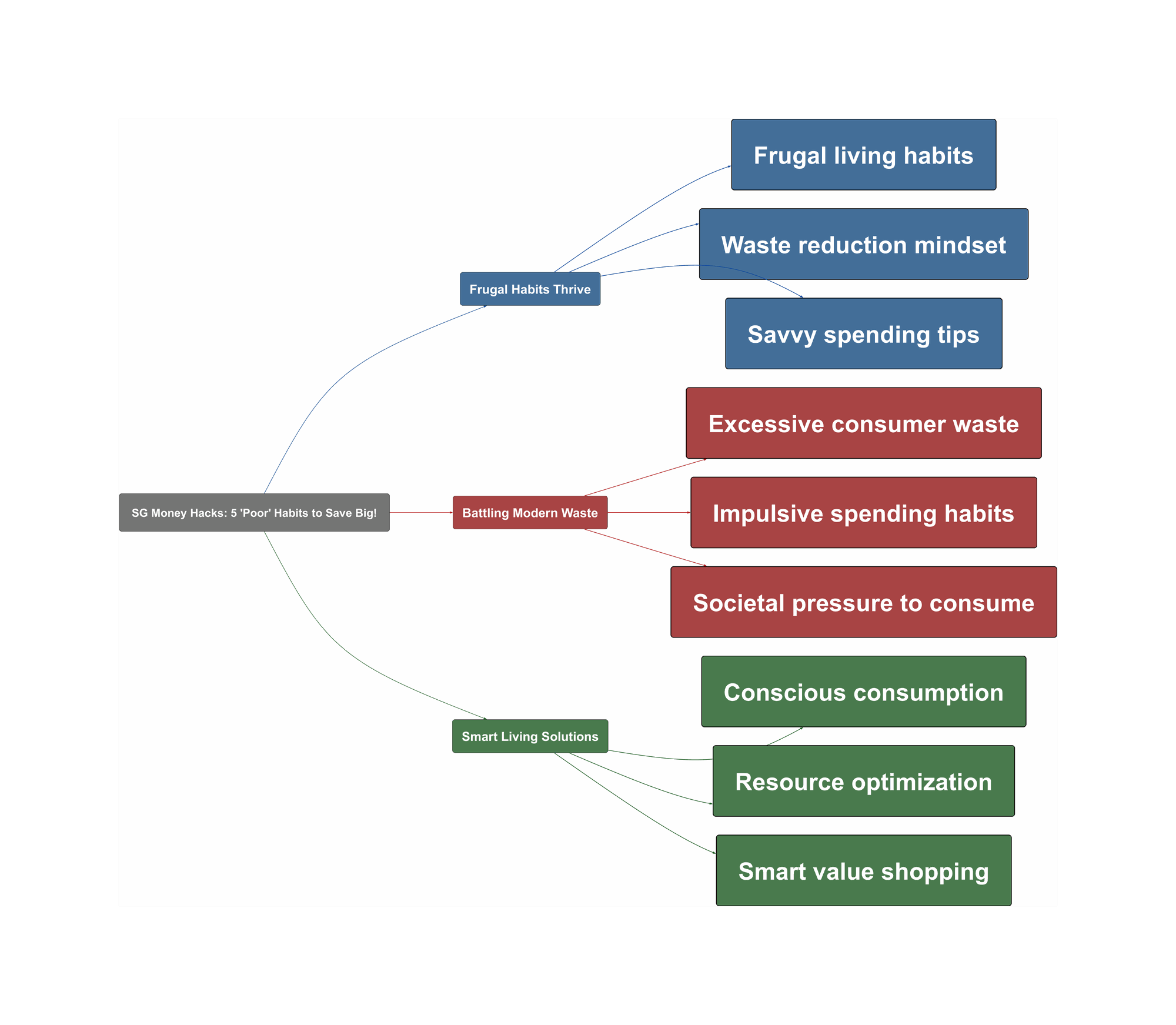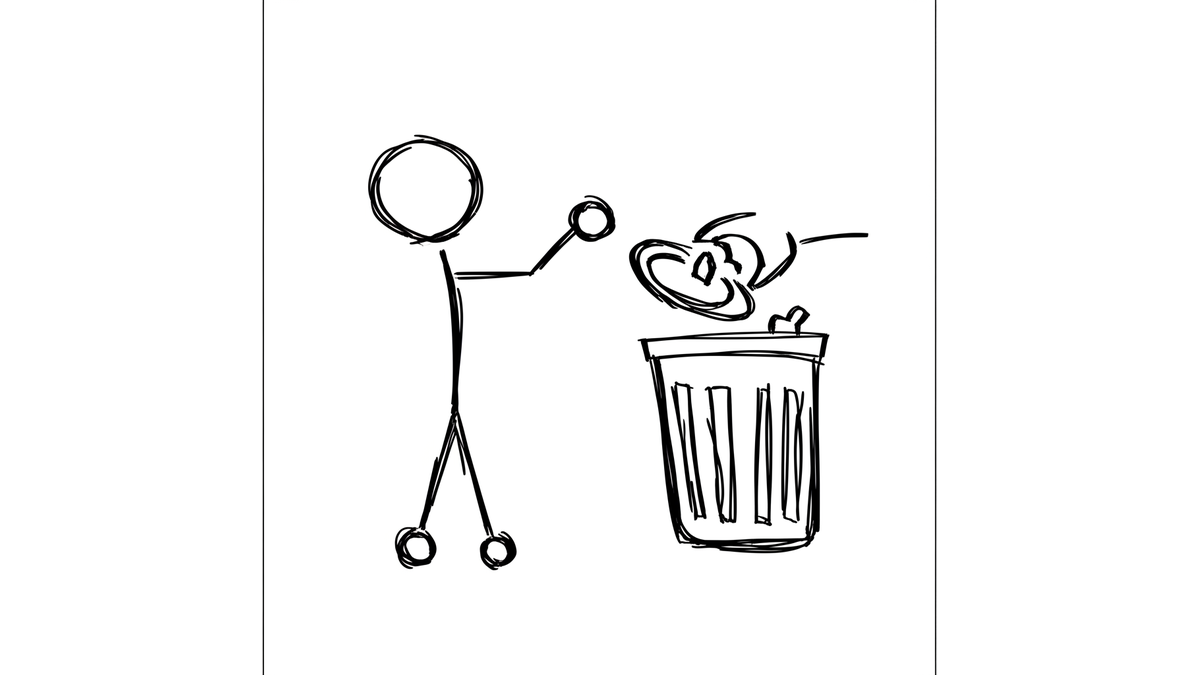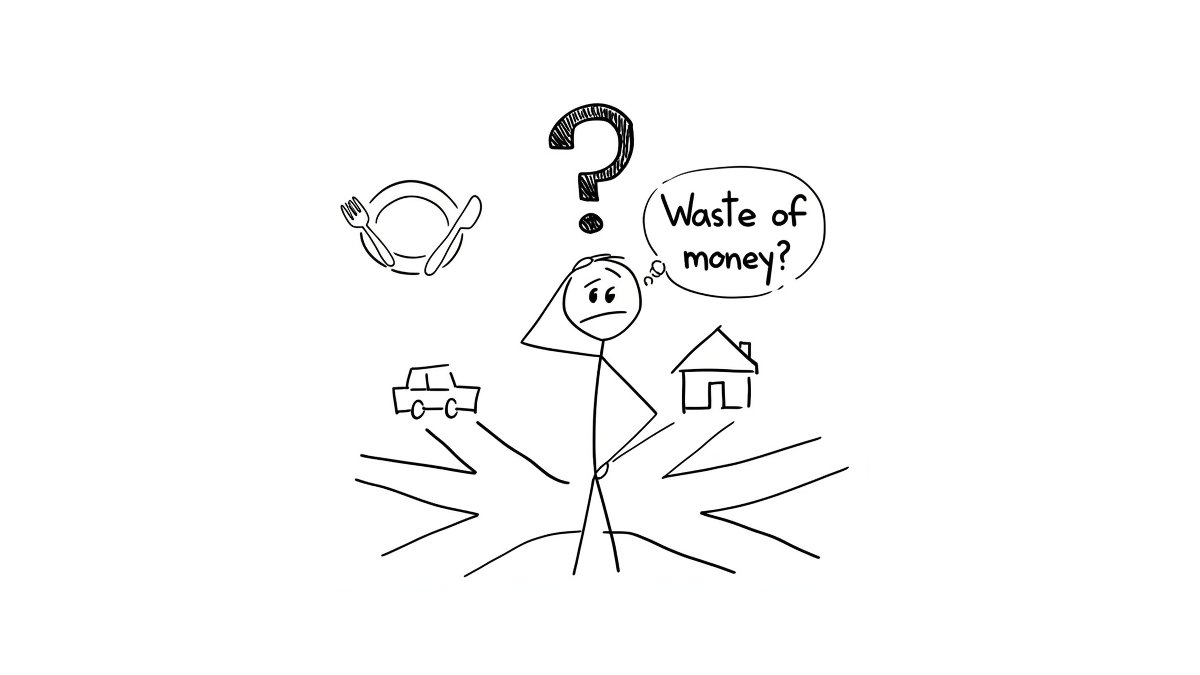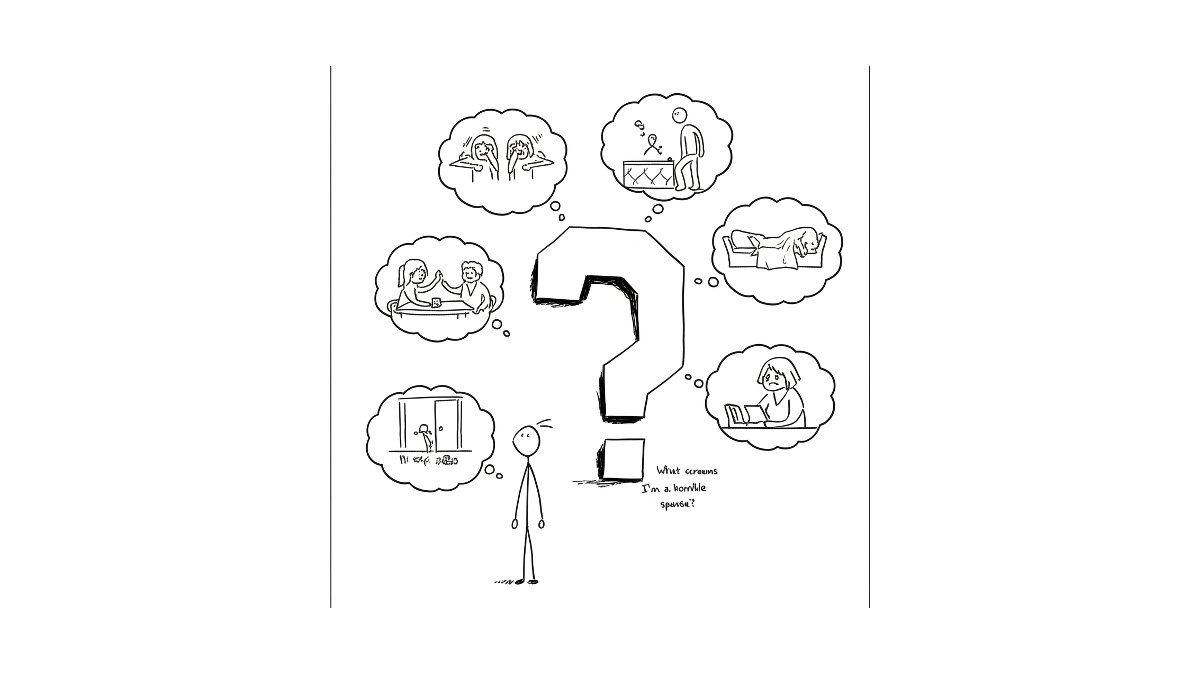Ever felt a pang of guilt tossing out that last bit of toothpaste, or leaving the lights on in an empty room? In Singapore, where every dollar counts, many of us secretly cling to habits our grandparents taught us – habits some might call ‘poor,’ but we know are pure gold for our wallets and the environment. It’s not about being stingy; it’s about being smart, resourceful, and truly Singaporean at heart.
Frugal Habits Thrive
Despite Singapore’s economic growth and rising affluence, a strong undercurrent of practicality and resourcefulness persists among many citizens. This isn’t just about saving money; it’s a deep-seated aversion to waste, a value often instilled from a young age. Online discussions, like those on Reddit, frequently highlight how these seemingly ‘poor’ habits remain deeply ingrained, even among those who can comfortably afford more.
From repurposing everyday items to meticulously managing consumption, these habits reflect a pragmatic approach to daily life. For instance, many Singaporeans instinctively reuse plastic bags from grocery runs, transforming them into handy bin liners for smaller trash cans. This simple act reduces waste and saves money on buying separate trash bags, a common practice shared across various households.
“Using grocery bags as trash bags”
Another prevalent habit is the careful management of energy consumption. It’s not uncommon to see lights and air-conditioning switched off promptly when leaving a room, regardless of how short the absence. This reflects a conscious effort to conserve resources and reduce utility bills, a mindset that transcends income levels in Singapore.
Battling Modern Waste
While these frugal habits are deeply rooted, they often stand in stark contrast to the modern culture of convenience and disposability. The prevalence of food waste, for example, is a significant concern in Singapore, with over 800,000 tonnes of food waste generated in 2022. This societal challenge often clashes with the personal values of many Singaporeans who grew up valuing every morsel.
Reddit threads reveal a common frustration with this disconnect, highlighting how wasteful practices, like discarding perfectly good leftovers or throwing away half-eaten meals, are foreign concepts to those who value resourcefulness. This tension between personal frugality and broader societal consumption patterns can be a source of discomfort for many.
“The fact that people casually throw away half of a meal is crazy to me, especially when it’s at a restaurant where they paid a $100+ bill.”
The pressure to constantly upgrade or replace items, driven by marketing and fast fashion trends, also presents a challenge. It requires a conscious effort to resist impulse purchases and maintain a value-driven approach to shopping, rather than succumbing to the allure of newness.
Smart Living Solutions
Embracing these ‘poor people’ habits is, in fact, a powerful strategy for smart living in Singapore. These aren’t just about saving a few cents; they embody a sustainable, mindful lifestyle that benefits both your wallet and the environment. One key approach is to adopt a ‘no waste’ mentality, particularly with food and household products.
- Always finish your meals and embrace leftovers. If you can’t, pack it home!
“I know people who don’t eat leftovers. This is just so wasteful. Food is food is food.”
- Make it a point to use every last drop of products like toothpaste, lotion, and shampoo by cutting tubes open or adding a bit of water.
- Before buying anything non-essential, challenge yourself: do I truly need this? This simple question can prevent countless impulse purchases.
“First step before any non-staple purchase is an argument from myself as to why it isn’t necessary.”
- Actively seek out value. This means looking for the best quality for the price, utilizing coupons, and checking clearance sections. Singaporeans are well-versed in hunting for deals, whether it’s at the hawker centre or the big departmental store.
By consciously integrating these simple yet effective habits into your daily routine, you’re not just being ‘kiasu’ – you’re becoming a more financially savvy and environmentally responsible individual, truly embodying the spirit of resilient Singaporean living.





